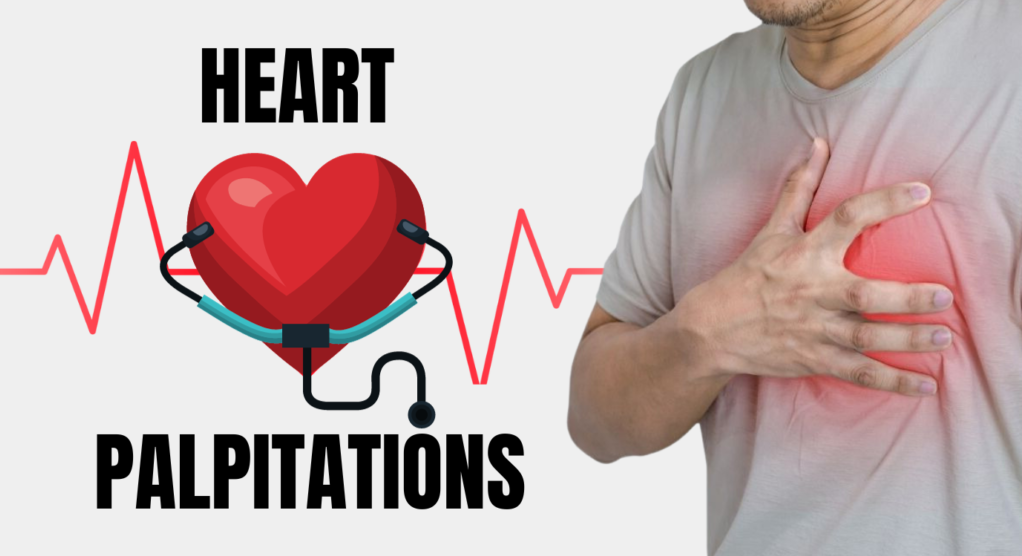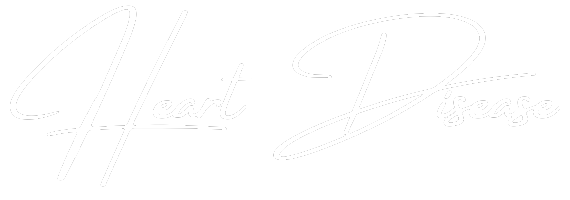
It starts with a flutter, a skipped beat that feels louder than it should
You’re sitting quietly, not stressed, not moving. Suddenly, your heart thumps hard. Then it flutters. Then it slows. You pause. Wonder. Was that normal? Everyone feels palpitations sometimes. But when they linger, change rhythm, or come with other symptoms, they might mean more. Not always danger. But not always harmless, either. It depends on context, history, and how your body responds next.
You notice it more at night, when the distractions quiet down and your chest feels exposed
Lying in bed, your chest echoes the beat. Every pause feels longer. Every thump more intense. At rest, your awareness sharpens. Heart palpitations feel stronger. This doesn’t always mean trouble. Sometimes, it’s just anxiety. Or caffeine. Or dehydration. But if they wake you up, or keep you up, it’s worth a deeper look. Especially if accompanied by dizziness or shortness of breath.
They appear after meals, after stress, or for no reason at all—and that’s what bothers you
You finish lunch. Feel fine. Then it starts again. The flutter. The irregular push. You breathe slower. Wait. It passes. But returns tomorrow. Food-related palpitations can stem from blood sugar changes, acid reflux, or even postural shifts. But when they seem detached from clear triggers, they deserve attention. Because a random pattern isn’t always random.
Exercise no longer feels light—it brings on awareness, pressure, and that now-familiar jolt
You’re on the treadmill. A few minutes in, it happens. Not chest pain, but a clear disruption. Your body hesitates. Not from fatigue—from something deeper. Palpitations during exertion should never be ignored. That’s when your heart works hardest. Any abnormal rhythm then might signal something structural. It doesn’t mean you should stop moving. But you should ask why your heart feels confused when it moves faster.
The palpitations aren’t alone anymore—they now bring friends: dizziness, sweating, or chest tightness
This is where the red flags rise. A flutter is one thing. A flutter plus faintness is another. When palpitations pair with symptoms—especially chest pain, confusion, or breathlessness—it becomes urgent. These could point to arrhythmias, heart valve issues, or more systemic concerns. Don’t wait to see if they pass. Let someone else listen to that rhythm too.
You feel them more often now, and wonder if your body is adjusting—or simply trying to signal
Frequency increases. What was once monthly is now weekly. Then daily. You keep track. Try to find patterns. The body doesn’t always scream when something’s wrong. Sometimes, it taps. Then taps again. More often. Palpitations are one such tap. Their consistency tells a story. And ignoring that story means missing the warning before the storm.
Someone in your family had a heart issue, and that knowledge changes the way you hear your own beat
You remember your uncle fainting during a walk. Your cousin with an arrhythmia. Genetics whisper through generations. If heart rhythm issues run in your bloodline, your own palpitations carry different weight. Maybe you’re healthy. But maybe you’re carrying something dormant. A test. An EKG. A monitor. These don’t overreact—they clarify. Especially when heredity’s in the background.
You’ve tried to minimize it—cutting caffeine, sleeping better—but it still knocks at your chest
You did what you should. Less coffee. More sleep. Less stress. And yet—it’s still there. That persistent flutter. You ruled out lifestyle causes. Now it’s time to rule out the rest. Not all palpitations respond to habits. Some come from structural changes, thyroid shifts, or medication side effects. You can’t guess your way through this. Precision matters.
Your body tells you something’s changed—even if your mind wants it to be just nothing
You feel off. Not dramatic. Not sick. Just different. Lighter-headed. More sensitive to temperature. Slightly short of breath. Not daily. But enough. Enough to raise a question. These signals matter. They might not shout. But they accumulate. If your heart’s rhythm joins the list, listen sooner. Even if just to confirm all is well.
You’ve never been checked, and a baseline might offer more than just peace of mind
Maybe you’ve never had an EKG. Never worn a Holter monitor. Never visited a cardiologist. You feel healthy. But still wonder. Sometimes, knowing your baseline is a gift. It gives context to future changes. To future flutters. To anything that might come next. And sometimes, peace of mind isn’t just emotional—it’s informed.
